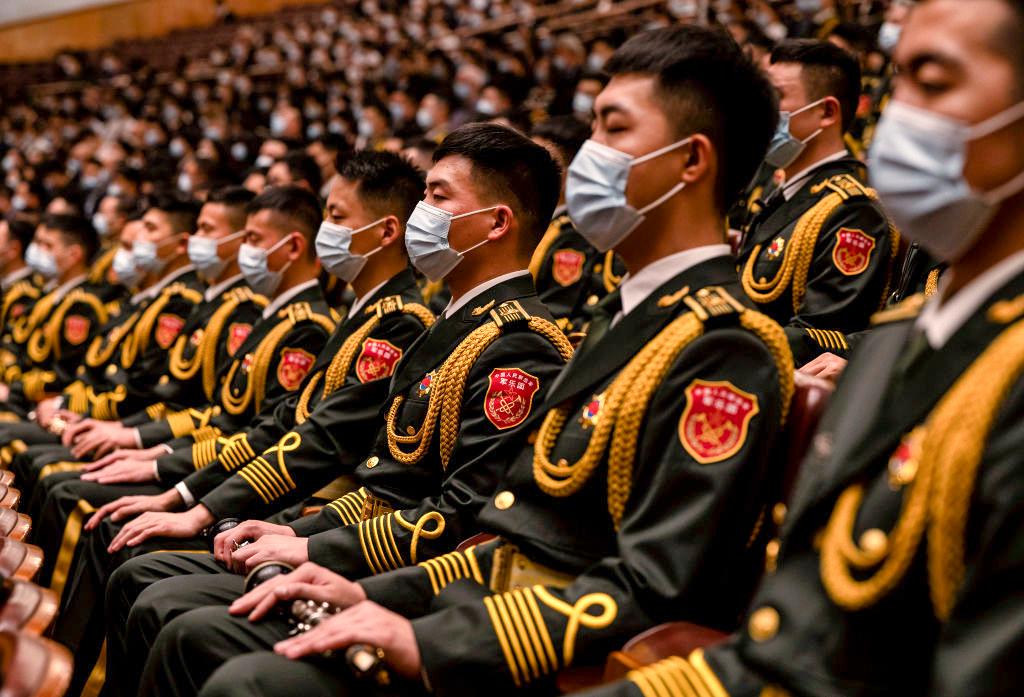Researchers in China’s military are studying how to use influence operations to sow discord abroad and encourage a mentality of defeat in the United States, according to one expert.
The Chinese Communist Party (CCP) and its military wing, the People’s Liberation Army (PLA), are engaged in “cyber-enabled influence operations” against the United States and looking to further expand their capability for disruption, according to Nathan Beauchamp-Mustafaga, a policy researcher at the RAND Corporation.




